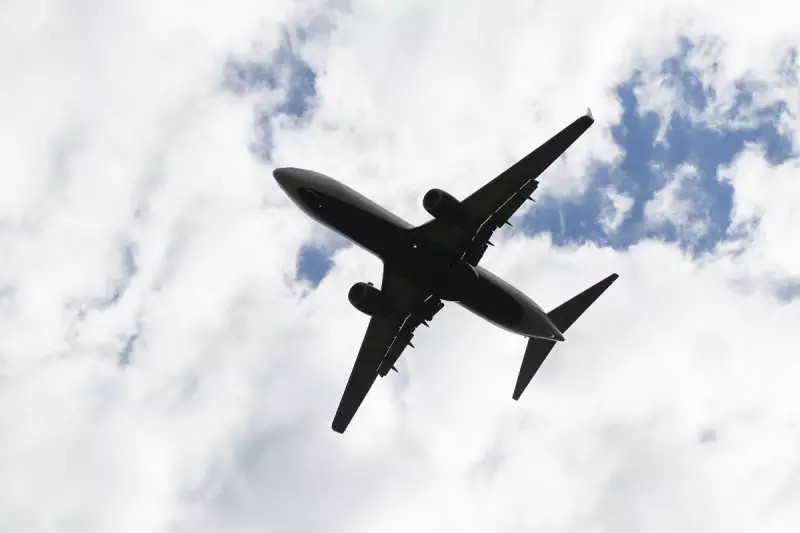
Holidaymakers planning their festive getaways are being warned about a sophisticated new scam that is tricking travellers out of thousands of pounds through fake flight cancellation alerts.
How the Elaborate Scam Operates
The fraud begins with a convincingly crafted text message or phone call, seemingly from a major airline, informing passengers that their recently booked flight has been delayed or cancelled. Cybercriminals are using fake social media profiles, fraudulent websites, and even artificial intelligence to perfectly mimic airline staff, making the communication appear legitimate.
To enhance their credibility, scammers populate their messages with real airline names, official-looking logos, and accurate flight numbers. They often target passengers during periods of travel disruption, such as severe weather or the hectic holiday season, to make their claims of cancellation more believable.
The Psychology of Panic and How to Fight Back
These messages are designed to induce fear and urgency. They often escalate in frequency and use aggressive language like "act fast" or "your seat will be cancelled" to pressure victims into making hasty decisions. According to cyber expert Kurt Knutsson, this panic is used to push people into "rebooking" their flights on fake websites or sharing sensitive personal and financial information.
The Better Business Bureau (BBB) first highlighted this scheme last summer. They advise travellers to confirm all details in any alert directly through the airline's official website or app before taking any action. "If you're unsure if the message is legitimate, don't call the customer service number included in the message. It could be fake," the BBB warned. Always find the customer service number on the airline's genuine website.
Real-World Consequences and How to Stay Safe
The financial impact can be devastating, especially as flight prices continue to soar. Victims can lose thousands of pounds by purchasing or re-booking expensive tickets through scammers, with little hope of recovering their money.
In a stark example from August, a passenger named Ryan Smoker was accidentally transferred to a fake airline by a United Airlines worker. The scammer then charged him a staggering $17,000 to rebook his flight, a payment that United had no record of afterwards. "I know I called the right number," Mr. Smoker told NBC, highlighting how even trusted channels can be compromised.
To protect yourself this holiday season, follow these essential steps:
- Stay Calm: Do not panic. Scammers rely on urgency. Take a moment to verify your travel details through official channels.
- Verify Directly: Log in to your airline's official website or app to check your flight status. Never click on links in unsolicited messages.
- Check for Errors: Look for typos, bad grammar, or suspicious email addresses and URLs, which are tell-tale signs of a scam.
- Report It: Alert the Federal Trade Commission about any messages impersonating airlines to help protect other travellers.





